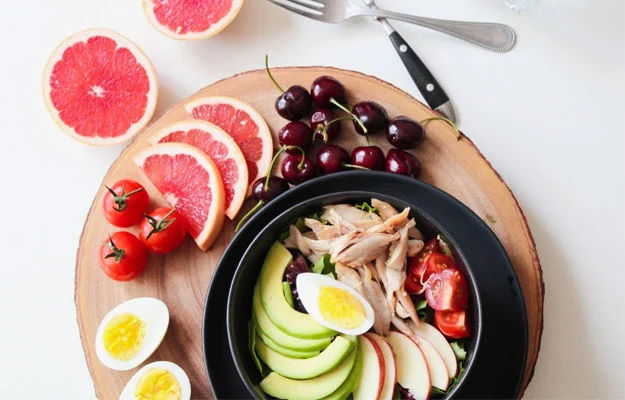Following are a few things to keep in mind regarding your diet during cancer treatment:
Watch your energy requirements: Those with a normal nutritional status experience an increase of 110-130% of their usual energy/ calorie requirement during cancer treatment. However, if the patient is malnourished, 130-150% of normal energy/ calorie requirement is needed. To know your daily energy requirement, you should consult a dietitian.
(Read more: High-calorie foods)
Protein-rich diet: Our body needs protein for growth, to repair body tissue and to keep our immune systems healthy. When your body doesn’t get enough protein, it might break down muscle for the fuel it needs to function. This makes the body take longer to recover from illness and can lower resistance to infection. People with cancer often need more protein than usual. After surgery, chemotherapy or radiation therapy, extra protein is usually needed to heal tissues and help fight infection.
If the cancer patient has a normal nutritional status, the protein requirement is 1-1.25 g/kg of body weight (current weight) and if the patient is malnourished, they need 1.5–2 g/kg. Good sources of protein include fish, poultry, lean meat, eggs, low-fat dairy products, nuts, nut butter, dried beans, peas, lentils and soybean foods.
(Read more: Protein Powder)
Vitamins and minerals: Needs for specific vitamins and minerals are highly variable, depending on the type of therapy used and the presence and severity of complications; for example, vomiting and malabsorption. All individuals should be carefully monitored for early signs of nutritional deficiencies.
(Read more: Malabsorption syndrome)
Although it is generally prudent to recommend a multivitamin or mineral supplement in most cancer patients, one should guard against excessive supplementation, which could prove harmful.
Antioxidant-rich diet: Antioxidants try to keep free radicals from attacking normal cells. You can increase their intake by eating a variety of fruits and vegetables, which are good sources of antioxidants. Taking large doses of antioxidant supplements or vitamin-enhanced foods or liquids is usually not recommended while getting chemo or radiation therapy and so you should try to include them in your diet. To add a good amount of antioxidants in your diet you can have carrot, pumpkin, papaya, green leafy vegetables, broccoli, fatty fish, cod liver oil, nuts and seeds.


































